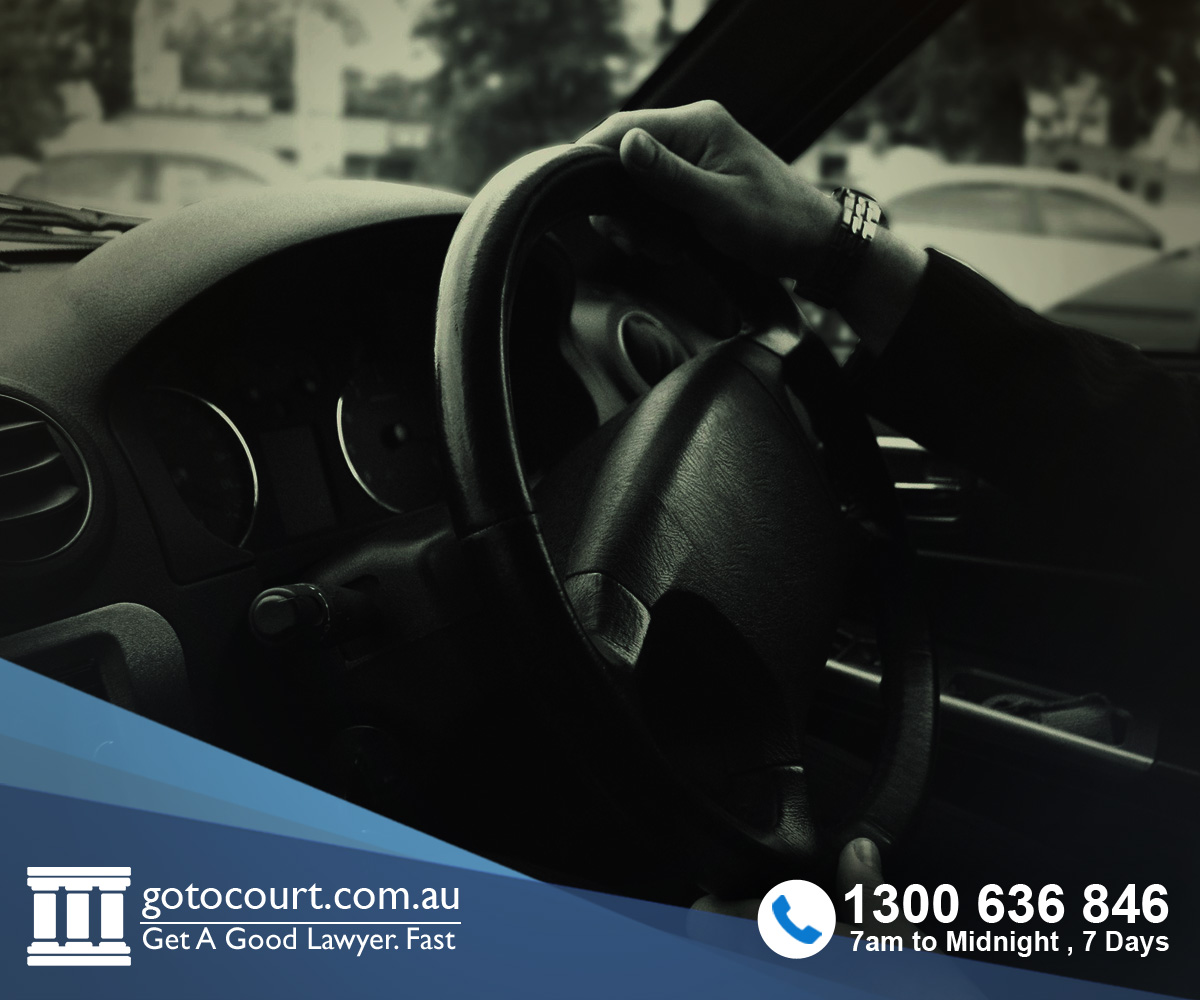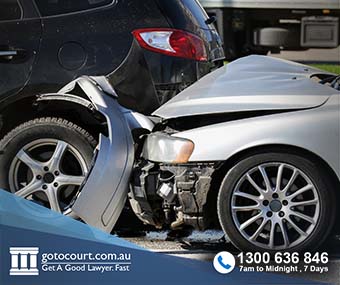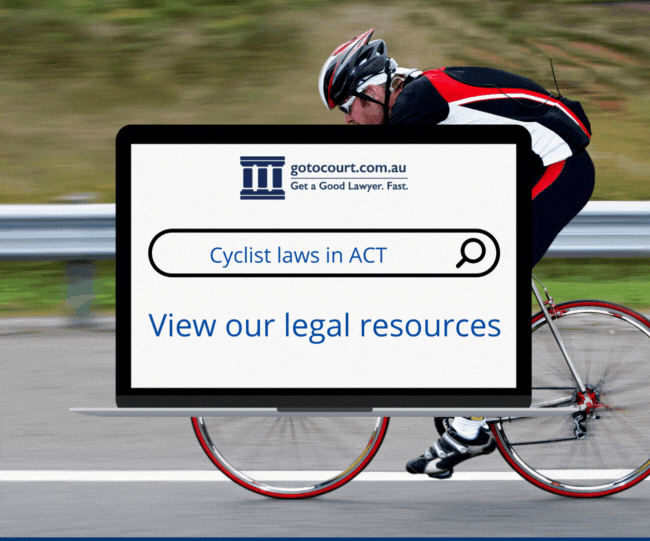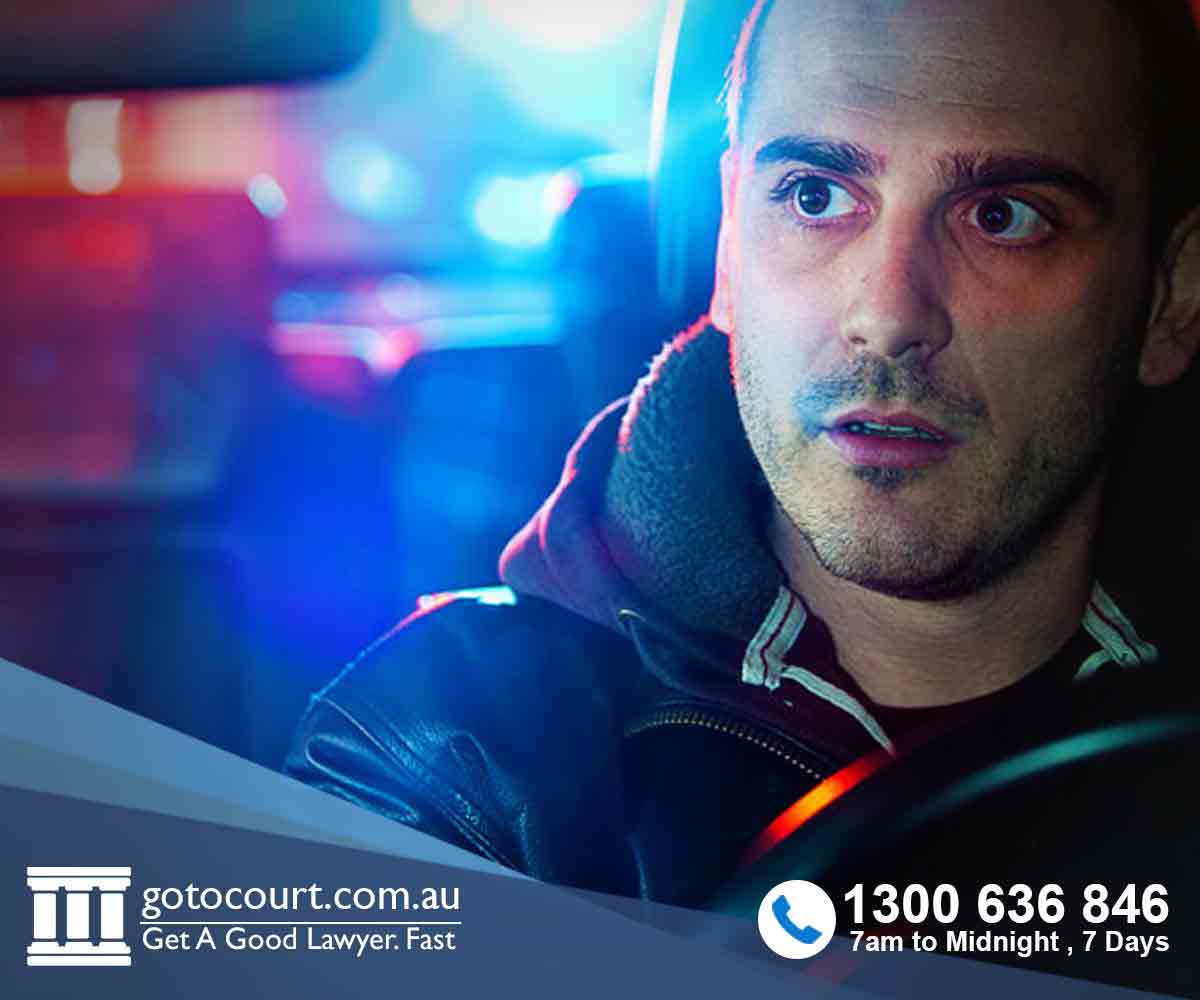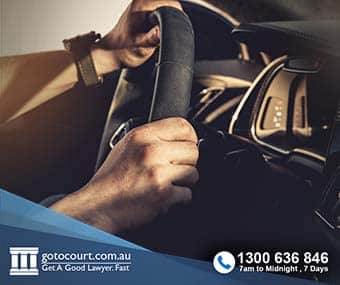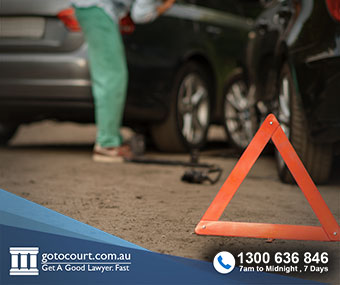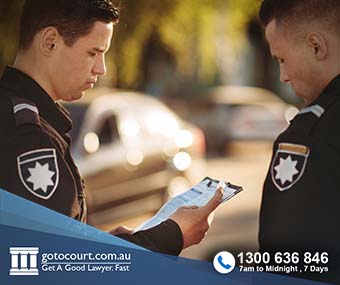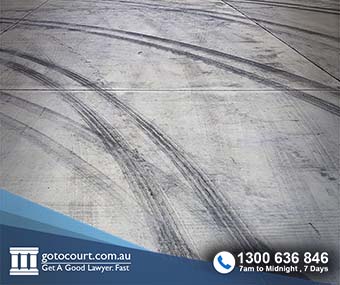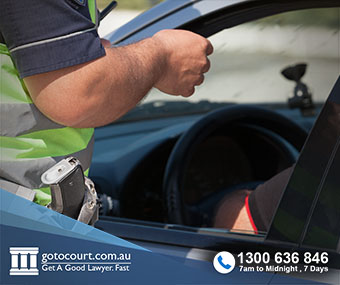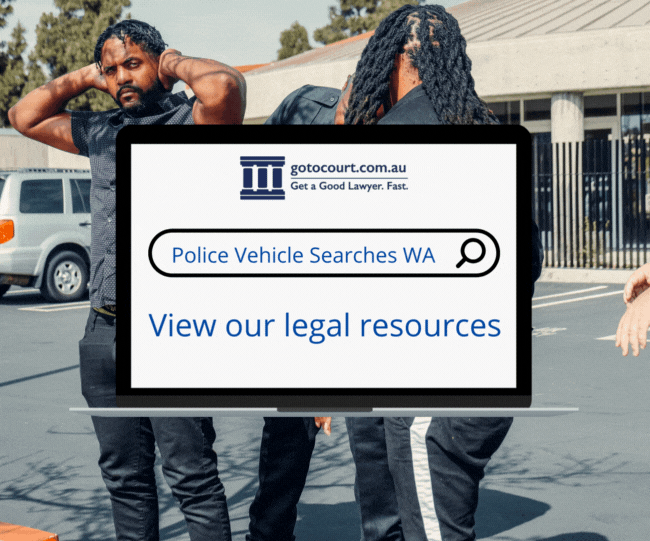Call our lawyers
now
or,
have our lawyers
call you
Police Vehicle Searches in the Australian Capital Territory (ACT)
Updated on Dec 07, 2022 • 5 min read • 1391 views • Copy Link
Police Vehicle Searches in the Australian Capital Territory (ACT)
The Crimes Act 1900 grants the police in the Australian Capital Territory legal powers to search a person or property. The police can search a vehicle with the consent of the driver, a search warrant, or if they have a reasonable belief that the driver has committed a driving or criminal offence. However, the police do not have the power to search a vehicle when they pull over a driver except in certain circumstances. This page looks at the legality of police vehicle searches in the Australian Capital Territory (ACT).
Police vehicle searches with warrants in the ACT
A magistrate can issue a search warrant to allow the police to conduct a vehicle search in the ACT. The search warrant usually gives the police the authority to search for and seize specific items or persons. A warrant only authorises the police to act as prescribed in the document, and only search for a “reasonable” amount of time. The police can even transport the vehicle to another location if it is impractical to search the vehicle where the driver was pulled over.
Search warrants for vehicles are often issued in relation to the investigation of a drug offence, or to search for the proceeds of crime. The police must provide a copy of the warrant if the driver asks to see the document, and a statement of the powers they have under the warrant. When the police carry out a search, they must identify themselves and let the driver know the legal reason for the search. The police may ask the driver for their consent to the search, but should inform the driver if they have the authority to carry out the search without the driver’s consent.
Police vehicle search by consent
A police officer can ask any driver for permission to search a vehicle. If the driver agrees, this is known as a search by consent, and anything that is subsequently discovered is admissible as evidence in a criminal proceeding. This type of search most often occurs when a driver is pulled over for speeding or another traffic infringement, and the police officer suspects the driver of another criminal offence. When the police ask a driver for permission to conduct a search, the driver may feel pressured to consent. They may even feel that failing to consent to a search will make it look as if they have something to hide. However, a driver should remember that they have a legal right to withhold this consent.
Police vehicle search without warrant or consent
Section 209 of the Crimes Act allows the police to stop and search “conveyances”, including vehicles, without a warrant or consent in certain circumstances. Police can also search any container that is inside or on the conveyance. The police can conduct a warrantless search if they have reasonable grounds to believe that:
- the vehicle contains an item relevant to a serious offence, or stolen or unlawfully obtained property;
- it is necessary to conduct the search to prevent the item from being lost, concealed or destroyed; and
- the circumstances are urgent and serious enough to justify searching and seizing evidence without the legal authority afforded by a warrant.
While the police can use necessary and reasonable force to conduct their search, they must not damage the vehicle or any container unless absolutely necessary.
Unlawful searches
The driver should closely observe the process if the police conduct a search that the driver believes to be unlawful (that is, without a warrant, consent or reasonable grounds). However, the driver must not verbally abuse the officer or resist the search, as they can be charged with obstructing police. When evidence is seized unlawfully from a vehicle, its admissibility in court depends on many factors. The courts have excluded evidence when it is felt that the police did not have reasonable grounds to carry out a search. The High Court established the precedent in these matters in the case of Bunning v Cross [1978]. In this case, the High Court ruled that the onus is on the suspect to prove that the police vehicle search was unlawful and justify excluding the proceeds of the search.
A driver will have the opportunity to question the admissibility of evidence found in a vehicle during a preliminary court hearing.
During this hearing, the court will consider the following:
- the seriousness of the criminal charges;
- the strength and importance of the evidence found in the vehicle;
- the nature of the police officer’s unlawful conduct;
- whether the police officer acted with reckless disregard for the law or simply made a mistake;
- whether it would have been difficult for the police to lawfully conduct the search; and
- whether the officer’s superiors encouraged or tolerated the unlawful conduct.
Make contact with the traffic law team at Go To Court Lawyers on 1300 636 846 for any advice on the legality of police vehicle searches in the Australian Capital Territory.


Affordable Lawyers
Our Go To Court Lawyers will assist you in all areas of law. We specialise in providing legal advice urgently – at the time when you need it most. If you need a lawyer right now, today, we can help you – no matter where you are in Australia.How It Works








1. You speak directly to a lawyer
When you call the Go To Court Legal Hotline, you will be connected directly to a lawyer, every time.


2. Get your legal situation assessed
We determine the best way forward in your legal matter, free of charge. If you want to go ahead and book a face-to-face appointment, we will connect you with a specialist in your local area.


3. We arrange everything as needed
If you want to go ahead and book a fact-to-face appointment, we will connect you with a specialist in your local area no matter where you are and even at very short notice.


